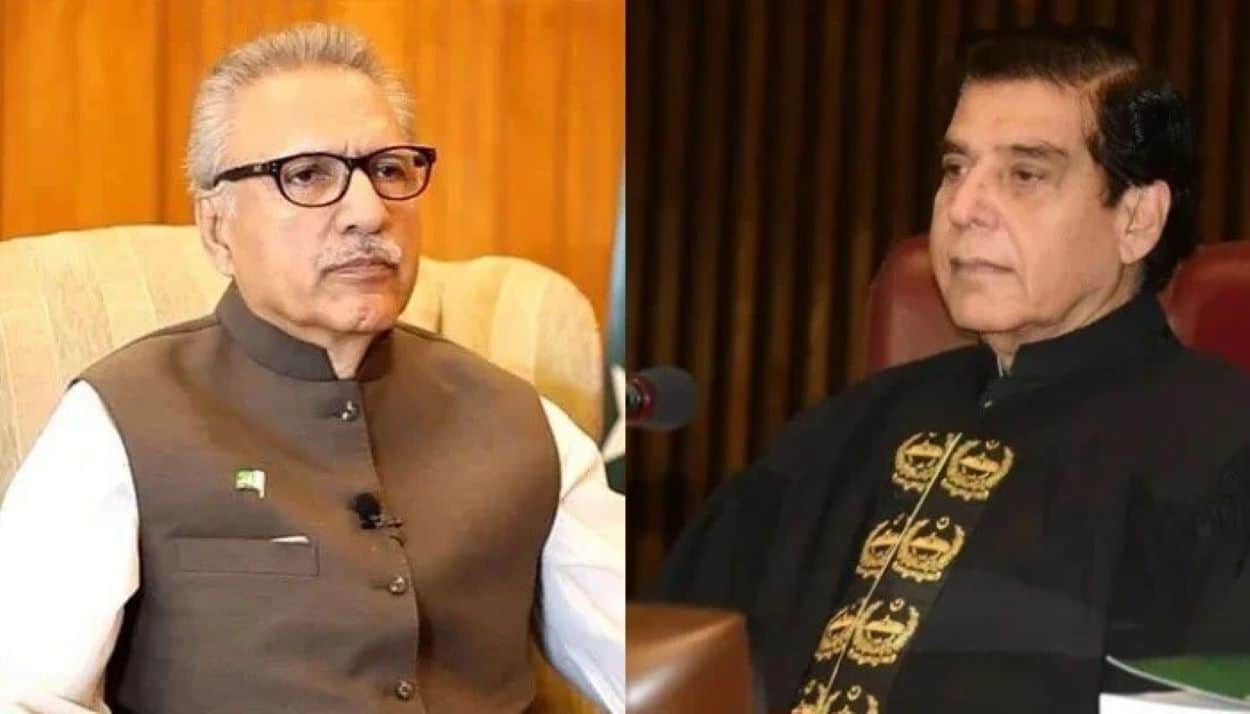President Dr. Arif Alvi rejected the government’s request to open the National Assembly, citing unresolved seat allocations. Consequently, Speaker Raja Pervaiz Ashraf scheduled the first session for February 29. New members will then swear in.
Alvi, with his term ending soon, insists on legal seat distribution. After his refusal, the Speaker moved to initiate the session.
The constitution requires a session within 21 days post-election. Alvi’s decision seemed to challenge this mandate. Experts argue this act violates constitutional duties, limiting the President’s delay powers.
Legal authority Hafiz Ehsaan Ahmad Khokhar highlighted the President’s obligation to convene the assembly. If Alvi abstains, the Secretary can independently call the session.
The initial meeting will lead to new leadership elections. This process includes selecting a Speaker, Deputy Speaker, and the Prime Minister. Following these elections, the presidential election is set for March 9, aligning with the Senate’s renewal.
PILDAT’s Ahmed Bilal Mehboob noted that assembly vacancies won’t affect the presidential election, maintaining constitutional adherence.






